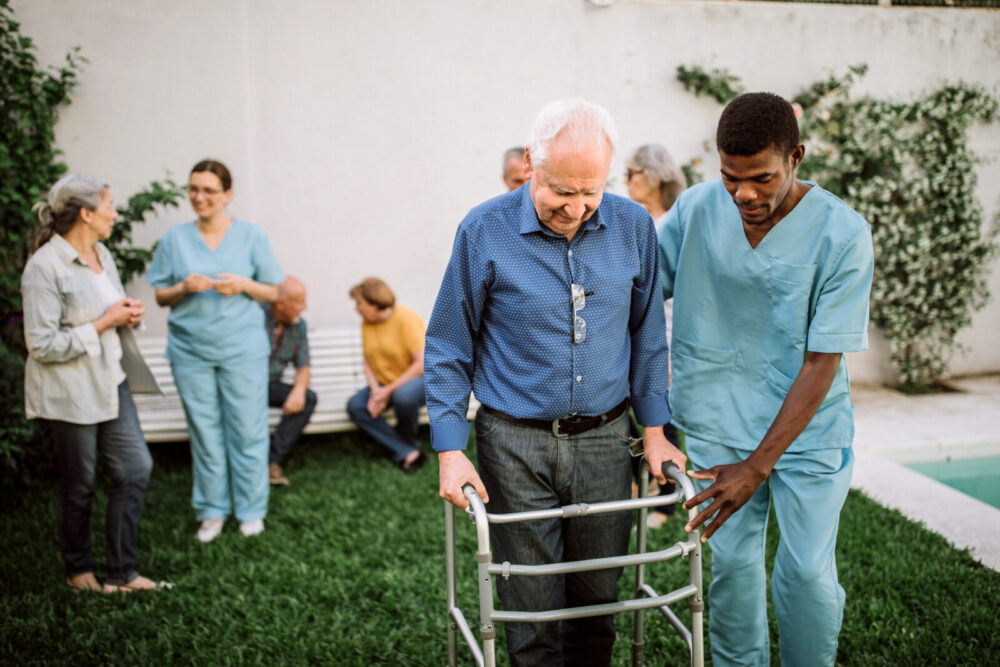In many developed countries, the healthcare sector is vast and is one of the main employers. It is estimated that healthcare services in a developed country account for approximately 10% of the total GDP. This sector is a key employer too, with millions of people engaged in healthcare-related occupations across a broad spectrum of specialities. Healthcare systems across the world are constantly evolving to provide the best possible care to the communities that they serve. Healthcare systems are a part of most people’s lives, from birth to the last stages of life, and are integral for staying healthy. This article describes three specific services that are offered by most healthcare systems.
Assisted Living Facilities

In later life, it is common for the elderly to experience reductions in mobility and poorer health. Senior citizens tend to be far less active, and this can result in a loss of bone mass and muscle wastage, which can increase the likelihood of sustaining injuries and trauma from falls. As people age, medical conditions may become more chronic and senior citizens may reach a point where they cannot remain in their own homes and live safe, healthy lives. In such circumstances, it can be wise for the elderly to move to assisted living facilities, such as assisted living in O’Fallon. In these establishments, there are teams of healthcare professionals on site who can create bespoke care plans for their residents that seek to minimise the adverse effects of health and mobility problems. In addition, such facilities generally have their own amenities, such as shops and hairdressers, on site and are in picturesque surroundings. Assisted living facilities can help the elderly enjoy improved standards of living, whilst retaining some of their independence and receiving the help they need.
Medical Research

It is a fact that healthcare systems would not continue to advance and offer improved treatments without the work of medical research teams. Today, there is a range of specialist health staff, such as research nurses, who help to drive forward advancements in the healthcare sector. Research nurses will commonly set up medical trials which can be used to evaluate the efficacy of new drugs and treatments. They will be involved in all stages of the process, from finding suitable candidates to analysing the results of the trials. The information gained from this research is then used to determine whether a new drug or treatment will offer increased benefits to the wider community.
Emergency Care

Every healthcare system needs to have a first-class service for dealing with emergency and time-critical patients. When serious road traffic accidents occur or people experience life-threatening emergencies, such as heart attacks or strokes, the emergency care systems respond rapidly. Healthcare staff, such as paramedics, emergency doctors, and trauma teams use a range of clinical skills and timely decision-making to stabilize patients who are seriously and critically ill. Patients are transported swiftly by ambulances to emergency units where they receive a range of medical interventions depending on their conditions. After being stabilized, critically ill patients will often be moved to an intensive care ward, so that they can receive constant monitoring until their health improves.



